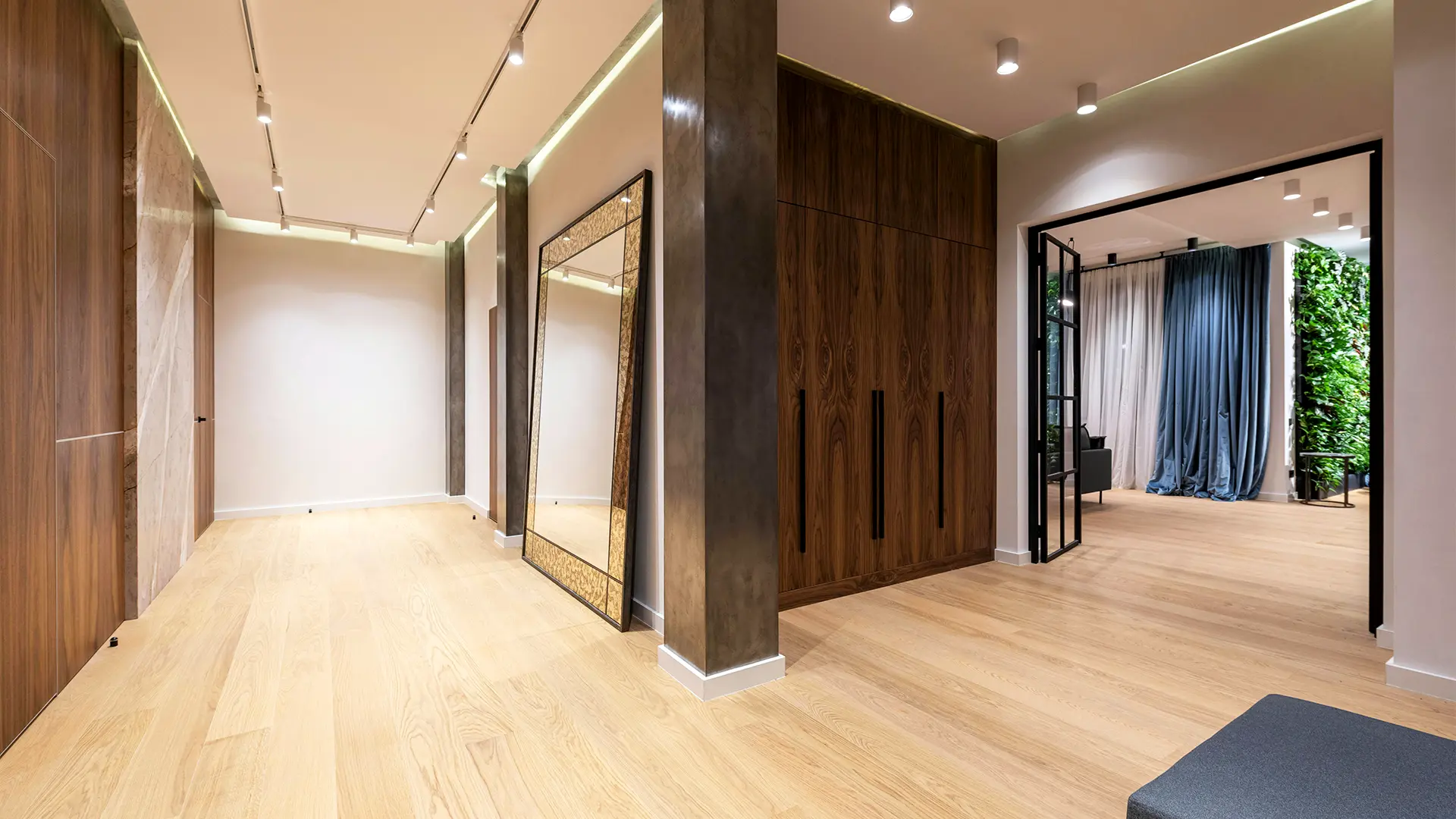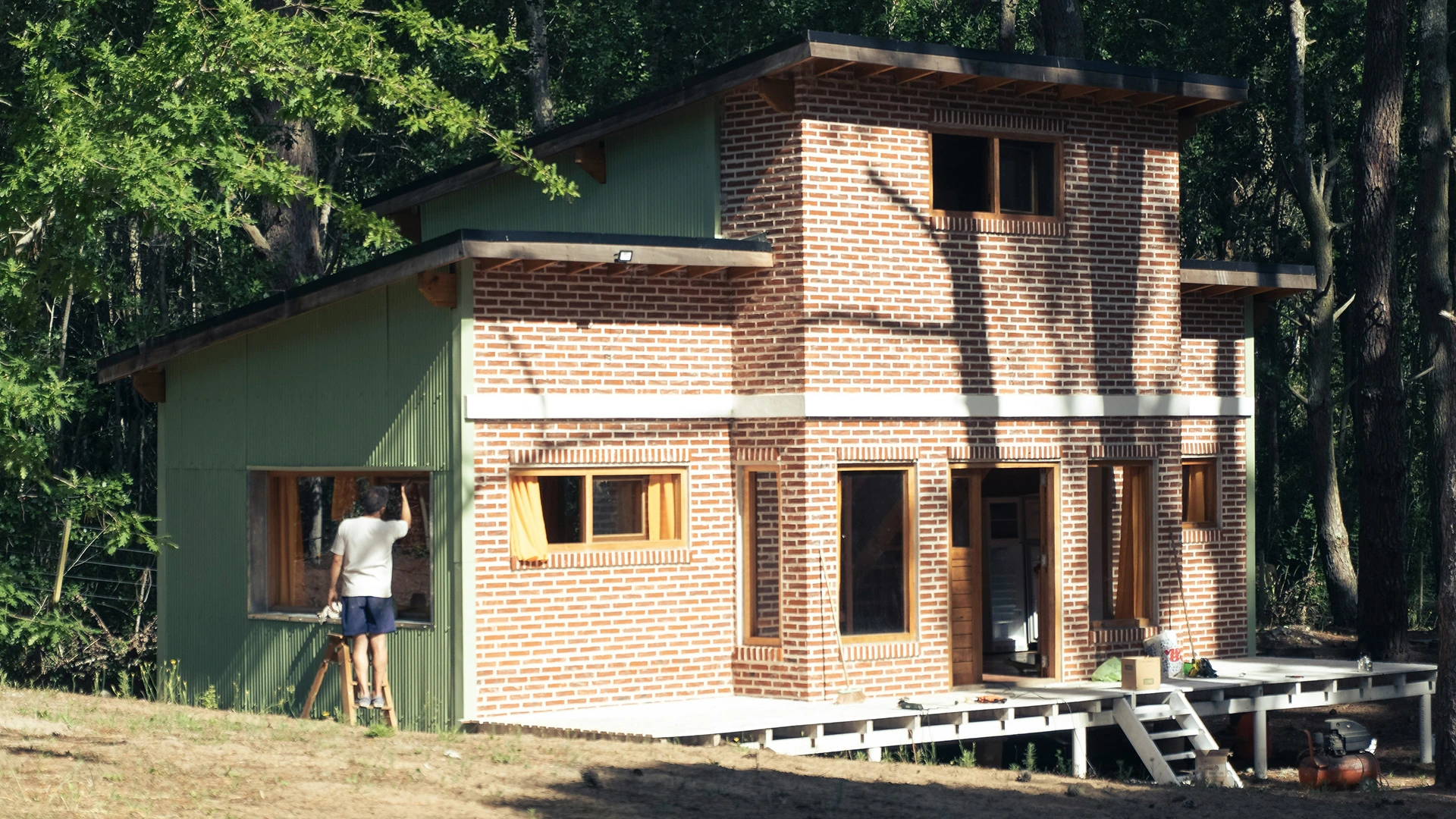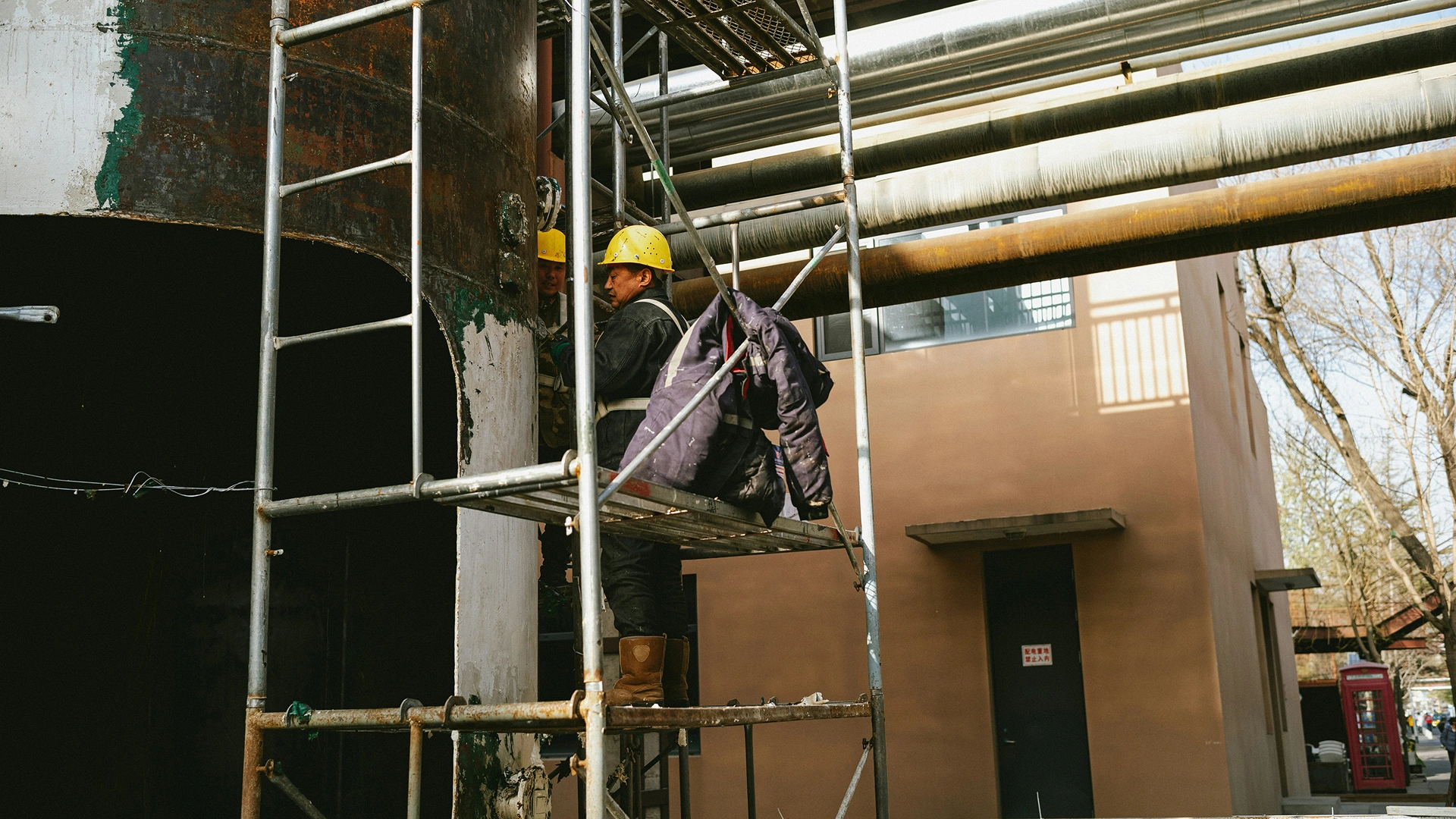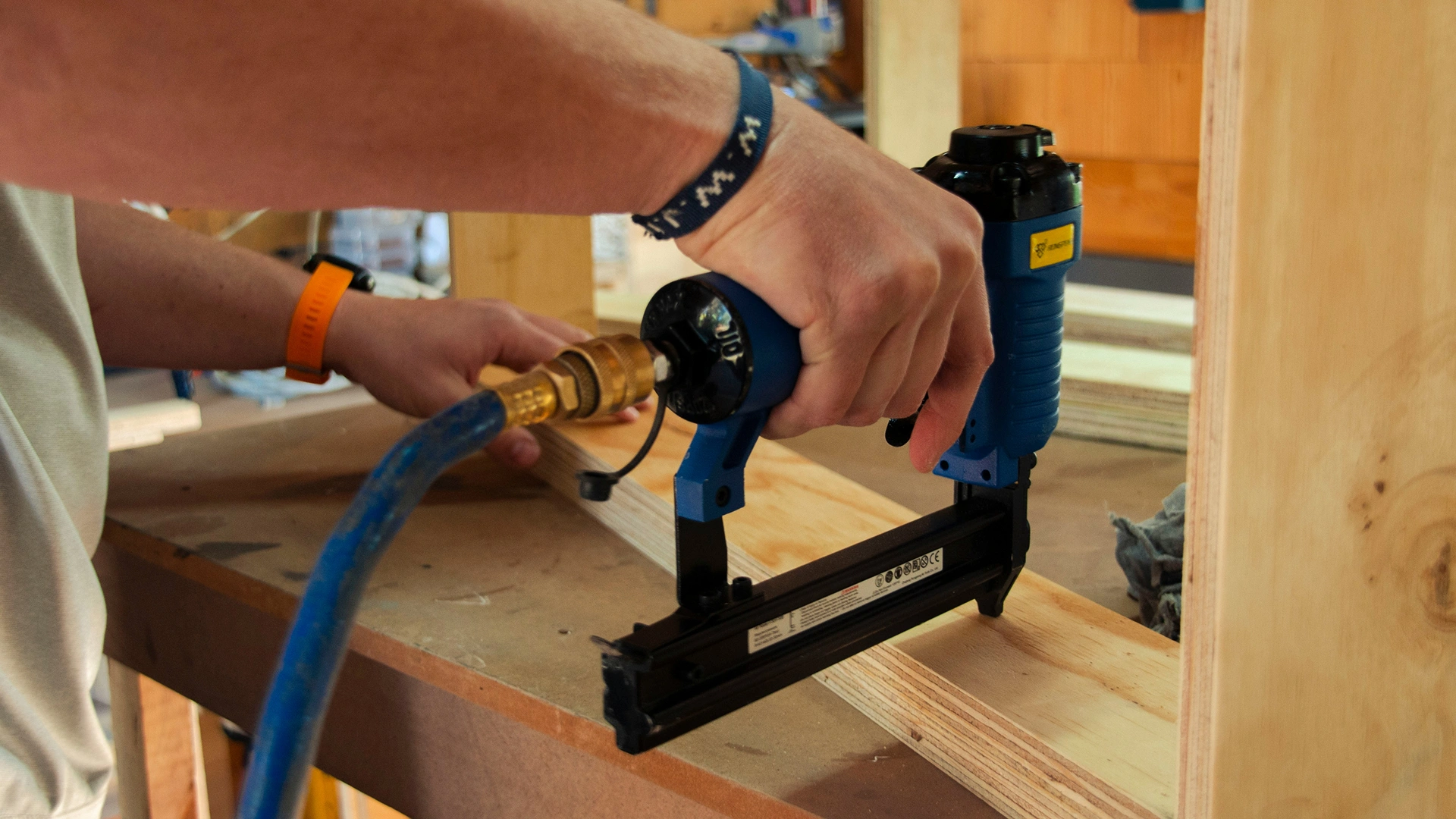Understanding the Costs of Home Extensions
Are you dreaming of a more spacious home but wondering how much does it cost to do an extension? You’re not alone. As families grow and lifestyles change, many homeowners are considering extensions as a practical solution to enhance their living space without the need to move.
In this blog post, we will delve into the factors affecting the costs of home extensions, providing you with a clear understanding of what to expect financially. Whether you’re looking to add a new bedroom, a sunroom, or simply expand your kitchen, knowing the potential costs involved is crucial for effective planning and budgeting.
We’ll explore various elements that contribute to the overall expense of an extension, including materials, labour, and planning permissions. By understanding these components, you’ll be better equipped to make informed decisions and avoid unexpected financial surprises. Furthermore, we’ll provide insights into how Home Extensions can not only elevate your property’s value but also enhance your daily living experience.
This topic is particularly important for those considering a home extension, as it allows you to align your dreams with your financial reality. With the right knowledge, you can embark on your extension journey with confidence, knowing you have a plan in place.
At 4×4 Built, we pride ourselves on our expertise in building and project management, ensuring that your extension is executed with the highest quality standards. If you have any questions or need assistance, don’t hesitate to contact us. We’re here to help you make your vision a reality!
What Does It Cost to Do an Extension?
When considering a home extension, one of the first questions that may come to mind is how much does it cost to do an extension? This encompasses various factors, including the type and size of the extension, materials used, and labour costs. Ultimately, the total cost can vary significantly based on your specific requirements and the complexity of the project.
Key components that influence the cost of an extension include design fees, building materials, and the labour involved. For instance, a simple single-storey extension may cost less than a multi-storey addition, but it’s essential to account for expenses like permits and potential disruptions to your daily routine. Think of it like building a new layer on a cake; the more intricate the design, the more ingredients—and therefore, costs—you’ll need.
Understanding how much does it cost to do an extension is crucial as it relates to the broader topics of home extensions and renovations. A well-planned extension can enhance your living space and add value to your home. However, it’s important to approach the budget with clear expectations. Misconceptions often arise around hidden costs, so being informed can help you avoid surprises down the line.
At 4×4 Built, we believe that transparency is key. We provide detailed quotes and guidance throughout the extension process, ensuring that you understand every aspect of your investment. Our team is dedicated to delivering high-quality results, making your home extension a smooth and stress-free experience, while keeping your budget in check.
Essential Terms to Understand the Cost of Your Home Extension
Before diving into the details of your home extension project, it’s crucial to familiarise yourself with some key terms that will help you navigate the costs involved. Understanding these concepts will empower you to make informed decisions throughout the process.
Cost per Square Metre
This term refers to the average cost associated with building one square metre of your extension. It is a vital metric used to estimate the overall budget for your project based on its size and complexity, providing a baseline for how much does it cost to do an extension in your specific case. Understanding this cost helps you gauge the feasibility of your extension plans against your budget.
Planning Permission
Planning permission is the legal approval required from your local council before you can begin building. The costs associated with obtaining this permission can vary significantly depending on the scope of your project and local regulations. Knowing the potential expenses related to planning permission is essential for budgeting accurately when considering how much does it cost to do an extension.
Building Materials
Building materials encompass all the physical items required for construction, such as bricks, timber, and fixtures. The quality and type of materials you choose directly impact the total cost of your extension. Understanding your options allows you to balance quality and cost effectively, influencing how much does it cost to do an extension.
Labour Costs
Labour costs refer to the expenses associated with hiring professionals to carry out the construction work. These costs can vary based on the complexity of the project and the skill level required. Being aware of labour costs is crucial for providing a comprehensive estimate of how much does it cost to do an extension.
Architectural Fees
Architectural fees are payments made for the design and planning services provided by an architect. These fees can vary widely depending on the architect’s experience and the project’s complexity. By understanding these fees, you can better anticipate the overall costs of your extension project.
Contingency Budget
A contingency budget is an additional amount set aside to cover unexpected expenses during construction. This practice is essential as it helps ensure that your project stays on track financially, particularly in the context of how much does it cost to do an extension, where surprises often arise.
Finishing Costs
Finishing costs include expenses for the final touches of your extension, such as painting, flooring, and landscaping. These costs are often overlooked but can significantly influence the overall budget. Knowing about finishing costs helps ensure you allocate enough funds to complete your extension beautifully and functionally.
The Benefits and Drawbacks of Home Extensions: What You Need to Know
Considering an extension for your home? Understanding the financial implications is crucial, as it can significantly impact your overall investment. Here, we will explore the advantages and disadvantages associated with the costs involved in extending your property.
Pros
Increased Property Value
One of the most significant benefits of extending your home is the potential increase in property value. A well-executed extension can make your home more appealing to future buyers, often recovering a substantial portion of the costs involved.
Enhanced Living Space
Extensions allow you to create additional living space tailored to your needs, such as a larger kitchen or a new bedroom. This increased space can enhance your family’s comfort and lifestyle without the need to move to a larger property.
Personalisation Opportunities
When you extend your home, you get the chance to design the space according to your preferences. This not only makes the extension more functional but also ensures it aligns with your style, adding to your satisfaction with your living environment.
Potential for Energy Efficiency Improvements
During the extension process, you can integrate modern building techniques and materials that enhance your home’s energy efficiency. This can lead to lower utility bills in the long run, offsetting some of the initial costs.
Flexibility in Design and Functionality
Extensions offer you the flexibility to adapt your home as your family’s needs change. Whether you need a home office or a playroom for the kids, extensions allow for unique designs that cater to your lifestyle.
Cons
High Initial Costs
One of the primary drawbacks of extensions is the substantial upfront costs. Depending on the scale of your project, expenses can quickly escalate, making it crucial to have a well-planned budget.
Disruption During Construction
Building an extension can create significant disruption in your daily life. Noise, dust, and the presence of contractors can affect your home environment, particularly if you are living on-site during the work.
Potential for Unforeseen Expenses
As with any construction project, there is always the risk of unexpected costs arising from issues such as structural problems or changes in building regulations. These can quickly add to the initial estimate.
Time-Consuming Process
Extensions can take a considerable amount of time to complete, often longer than anticipated due to various factors such as weather or supply chain delays. This can be frustrating for homeowners eager to enjoy their new space.
Planning and Regulatory Hurdles
Navigating the planning permissions and regulations required for extensions can be complex. Failure to comply can lead to delays or even the need to alter your plans significantly.
Essential Tips for Estimating the Cost of Your Home Extension
Planning a home extension is an exciting journey, but understanding the costs involved can be daunting. Here, we provide practical tips to help you navigate through the financial aspect of your extension project, ensuring you make informed decisions every step of the way.
1. Set a Realistic Budget
2. Research Local Costs
3. Consider the Type of Extension
4. Factor in Planning and Approval Fees
5. Account for Additional Costs
6. Work with Experienced Professionals
7. Review and Adjust Your Plans
Essential Tips for Understanding the Cost of Your Extension
Deciding on a home extension is an exciting venture, but understanding the associated costs can be daunting. Here are some valuable tips to help you navigate the financial aspects and ensure your project aligns with your budget and vision.
Define Your Goals Clearly
Before diving into costs, take time to outline your specific goals for the extension. Are you looking to add a bedroom, expand your kitchen, or create a multi-purpose space? Clearly defining your objectives not only aids in accurate budgeting but also helps you communicate effectively with contractors.
Research Average Costs
Familiarise yourself with the average costs associated with extensions in your area. This knowledge will provide a benchmark for your project and help you identify realistic budget expectations. Websites, local builders, and industry reports can be invaluable resources for this information.
Consult Professionals Early
Engaging a professional builder, like 4×4 Built, early in the planning process can save you time and money. Our team can offer insights into potential costs, materials, and building regulations, ensuring that you have a comprehensive understanding of the financial landscape before you commit.
Create a Detailed Budget
Once you have a clearer picture, establish a detailed budget that includes all potential expenses such as materials, labour, permits, and unexpected costs. A well-structured budget provides a realistic framework for your project and helps avoid overspending.
Consider Financing Options
Explore different financing options if the project exceeds your current budget. Personal loans, home equity loans, or even specific home renovation financing can make your extension more affordable. We can guide you through this process to find the best solution for your needs.
Factor in Future Value
Think about how much does it cost to do an extension in relation to the potential increase in your property value. Extensions can significantly enhance your home’s market appeal, so consider this in your budgeting and planning stages.
Stay Flexible and Communicative
Throughout the project, maintain open communication with your builder and be flexible with your plans. Changes may arise that can impact costs, and being adaptable will help you manage expenses more effectively.
Ready to Start Your Extension Project?
Frequently Asked Questions About Home Extensions
If you’re considering a home extension, you likely have many questions about the costs involved. Here, we’ve answered some of the most common queries to help you understand how much it could cost to do an extension.
What factors influence the cost of a home extension?
How much does it typically cost to do an extension in Sydney?
Are there hidden costs associated with home extensions?
Can I get financing to help with the cost of my extension?
What is the best way to budget for a home extension?
How long does it take to complete a home extension?
Do I need planning permission for a home extension?
Wrapping Up: Understanding Your Extension Costs
In this blog post, we’ve explored the various factors that influence how much does it cost to do an extension. From the type of materials used to the complexity of the design, each aspect plays a significant role in determining the overall cost. By understanding these elements, you can better plan your budget and make informed decisions about your home extension project.
The importance of knowing the costs associated with extending your home cannot be overstated. It not only helps you prepare financially but also enables you to set realistic expectations for the project. When you have a clear understanding of potential expenses, you are empowered to create a space that meets your needs without breaking the bank.
The insights shared in this post aim to equip you with the knowledge you need to navigate the world of home extensions confidently. Whether you’re planning to add a new room for your growing family or simply want to modernise your living space, knowing how much does it cost to do an extension is essential for a successful project.
At 4×4 Built, our team of professionals is here to assist you through every step of your journey. If you’re ready to take the next step or have more questions, feel free to reach out to us. We’re committed to making your home extension as seamless and stress-free as possible. To explore more related topics, don’t forget to visit our main page on Home Extensions!






